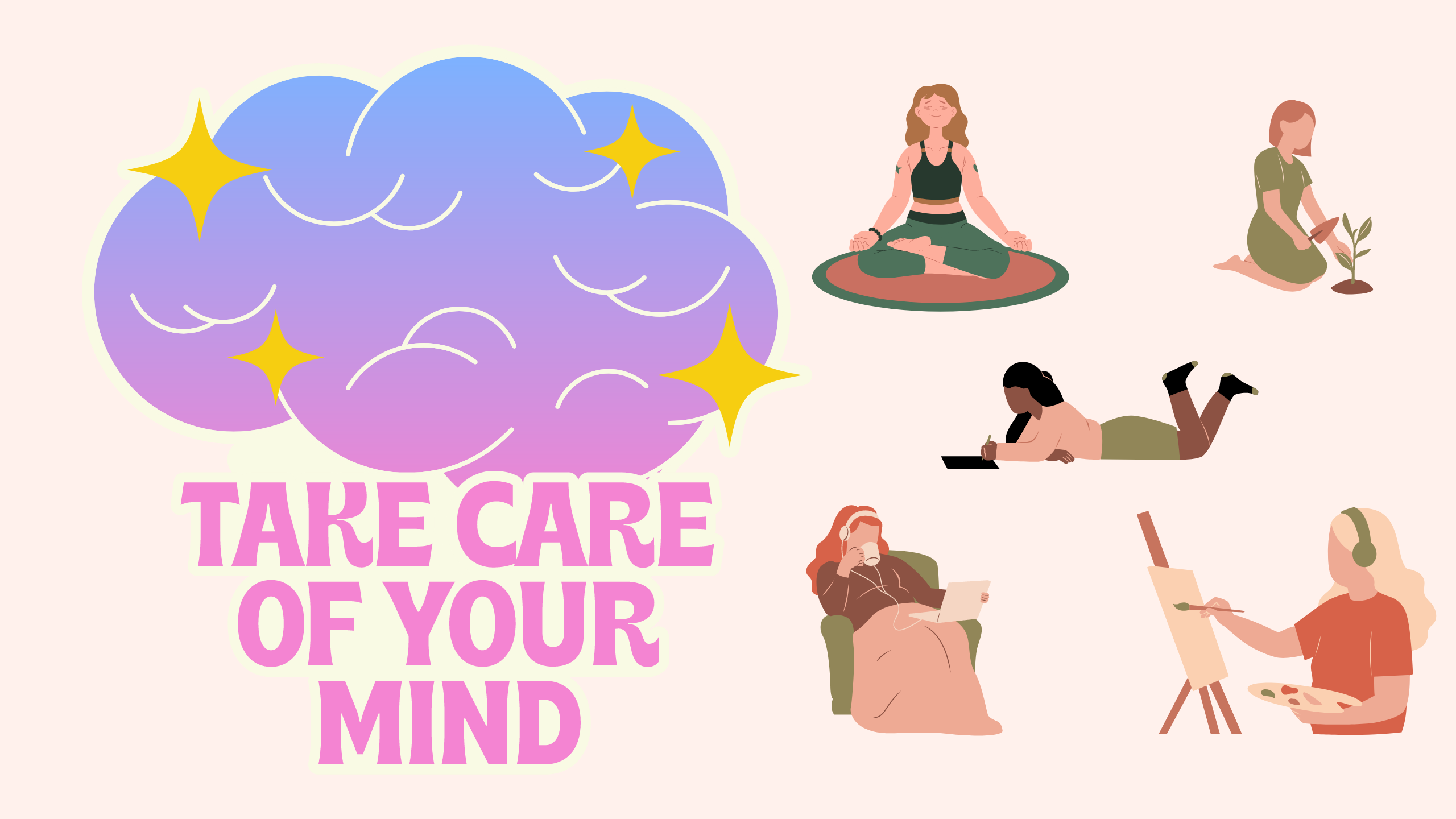
In today’s fast-paced and demanding work environments, it can be challenging to find time to unwind and recharge. The constant pressure and stress can take a toll on our mental and physical well-being. However, by incorporating mindfulness into our daily routine, we can effectively manage stress, improve focus, and find balance in our lives.
Mindfulness is the practice of being fully present and aware of our thoughts, feelings, and sensations in the present moment, without judgment. It involves paying attention to the present moment with curiosity and acceptance. By practicing mindfulness, we can cultivate a calm and non-reactive mindset, allowing us to respond to situations more effectively
Benefits of mindfulness in unwinding from work
Stress reduction
One of the key benefits of mindfulness is its ability to reduce stress. By focusing on the present moment, we can detach from the worries and pressures of work. Mindfulness techniques such as deep breathing exercises and meditation can activate the body’s relaxation response, promoting a sense of calm and inner peace.
Improved focus and productivity
Mindfulness enhances our ability to concentrate and stay focused. When we practice mindfulness, we train our minds to stay present and avoid getting caught up in distractions. This increased focus translates into improved productivity and efficiency at work, as we can give our full attention to the task at hand.
Emotional regulation
Work can often bring about a range of emotions, from frustration to anxiety. Mindfulness allows us to observe and acknowledge these emotions without judgment. By becoming aware of our emotional state, we can better manage our reactions and respond in a more composed and rational manner, reducing the likelihood of conflicts and improving overall well-being.
Enhanced work-life balance
Mindfulness helps us create a boundary between work and personal life. By practicing mindfulness techniques, such as taking short breaks throughout the day to focus on our breath or engaging in mindful walking, we can transition more smoothly from work mode to relaxation mode. This separation allows us to fully unwind and recharge, improving our overall work-life balance.
.thumbnailWrapper
width:6.62rem !important;
.alsoReadTitleImage
min-width: 81px !important;
min-height: 81px !important;
.alsoReadMainTitleText
font-size: 14px !important;
line-height: 20px !important;
.alsoReadHeadText
font-size: 24px !important;
line-height: 20px !important;

Practicing mindfulness to unwind from work
To incorporate mindfulness into your routine and effectively unwind from work, consider the following practices:
Mindful breathing: Take a few moments throughout the day to focus on your breath. Pay attention to the sensation of the breath entering and leaving your body, allowing yourself to fully experience each breath.
Body scan: Engage in a body scan meditation, where you systematically bring attention to different parts of your body, from head to toe. Notice any areas of tension or discomfort and allow them to release as you exhale.
Mindful breaks: Take short breaks throughout the day to engage in mindful activities such as walking, stretching, or simply observing your surroundings. Use these moments to reconnect with the present moment and let go of work-related thoughts.
Mindful eating: Practice mindful eating by savoring each bite of your meals. Pay attention to the taste, texture, and smell of the food, fully engaging your senses. This practice can help you slow down and become more in tune with your body’s hunger and fullness cues.
Meditation: Set aside a few minutes each day for meditation. Find a quiet space, sit comfortably, and focus on your breath or a chosen point of focus. Allow your thoughts to come and go without judgment, gently bringing your attention back to the present moment whenever your mind wanders.










